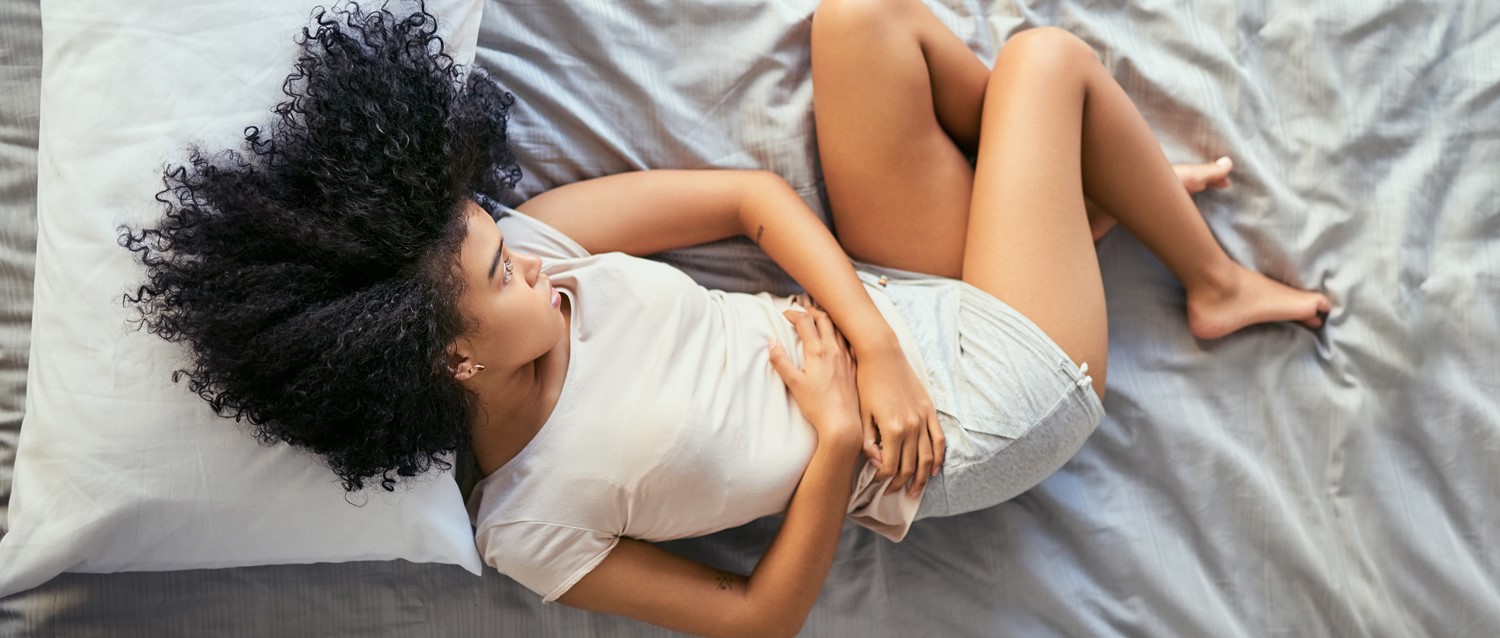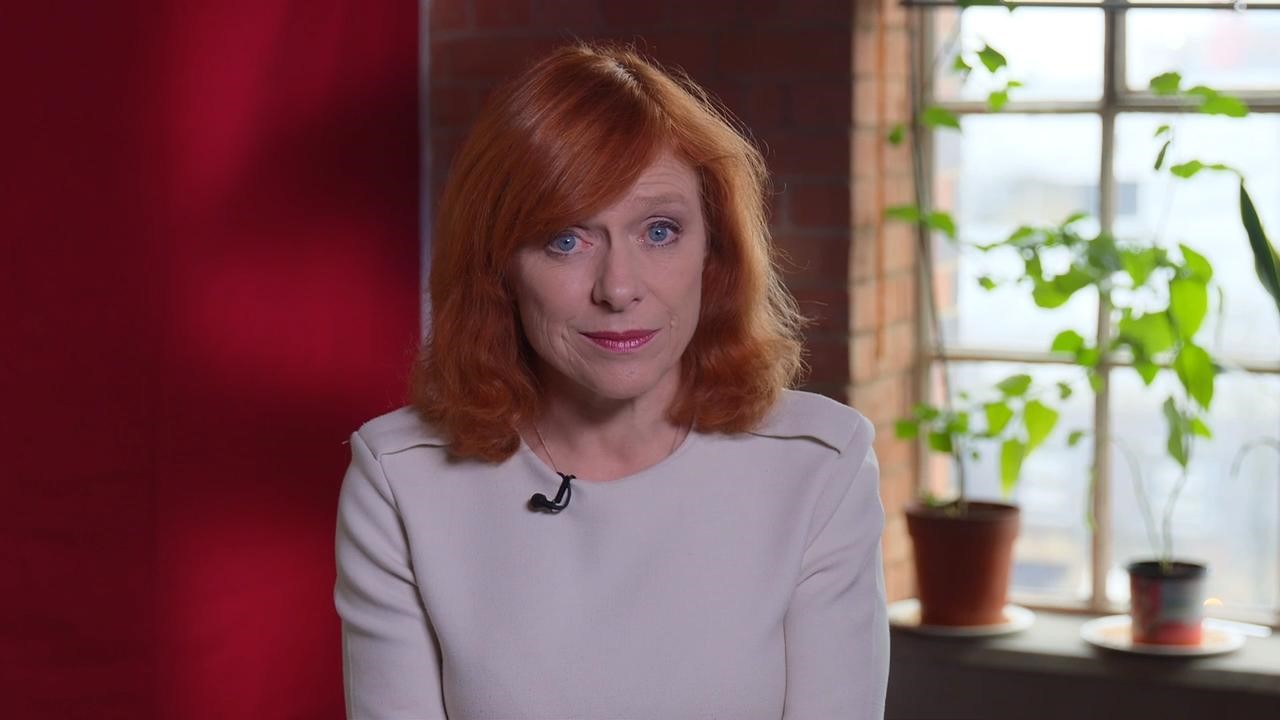
7 tips to help relieve endometriosis pain
Peer reviewed by Dr Philippa Vincent, MRCGPLast updated by Lawrence HigginsLast updated 9 Sept 2024
Meets Patient’s editorial guidelines
- DownloadDownload
- Share
- Language
- Discussion
If you have endometriosis, the pain can be a debilitating and an ongoing presence in your lives. But while there is no cure, there are lifestyle tips and complementary therapies that you can try alongside the treatments given by your doctor. We share the endometriosis pain relief tips making a big difference in many women's lives.
In this article:
Video picks for Endometriosis
Continue reading below
What does endometriosis pain feel like?
Pain is the most common symptom of endometriosis, but each woman's experience of endometriosis pain, and how this affects their quality of life, is slightly different. For example:
Severity - endometriosis pain can range from mild to extremely painful.
Frequency - endometriosis pain is long lasting (chronic) and its reoccurrences are ongoing. It's usually worse during your period but can happen during other times of the month. For some, pain can last all through the month, with changing intensity. Sometimes, sexual intercourse and going to the toilet make it worse.
Where in the body - it's most common to experience this pain in the lower part of your abdomen, called pelvic pain, where regular period pain happens. But you might feel pain in other places, such as your lower back, rectum, or legs, depending on where your endometriosis cells grow.
If you're living with endometriosis, the cycle of chronic pain can be difficult to cope with and can affect your mental health. Keisha Meek, a 31 year old from Leeds, has lived with endometriosis for 20 years. Read our separate article about Keisha's story of endometriosis pain and how she found life-changing support.
What helps endometriosis pain?
Back to contentsYour doctor or endometriosis specialist may help you get your pain under control with the following treatments:
Pain medication - medicines that manages pain, may include paracetamol if your pain is mild, non-steroidal anti-inflammatories (NSAIDs) such as ibuprofen, or codeine if your pain is severe.
Hormone treatment - for example, methods of contraception such as the contraceptive pill or the intrauterine system (IUS).
Surgery - for example, keyhole surgery, known as laparoscopy, to remove endometriosis tissue, or surgery to remove the womb in more severe cases, known as hysterectomy.
You may be able to use at-home or complementary pain relief to work alongside these treatments to effectively ease your pain. For some, it could be that pain medication isn't enough on its own, or that side-effects have eliminated some options.
1. Plenty of fluids
This tip is for everyone, because proper hydration - where your pee runs clear in colour - is important for your overall health. As for endometriosis symptoms, drinking plenty of water can help reduce bloating and the intensity of period cramps1.
2. Heat therapy
Heat can be used to treat lots of types of pain, endometriosis included. It can loosen and soothe muscles in areas that cramp up in response to endometriosis pain. You have several at-home and cheap choices to try - a hot water bottle or heating pad may be enough to free you from discomfort.
"Having a warm bath works for me," says Keisha.
3. Light to moderate exercise
Some people have reported that exercise helps during flare ups: "for me, walking, yoga, and going to the gym eases my body-up when areas have cramped in pain," says Keisha.
Experts think light to moderate exercise may ease pain by:
Improving your fitness, posture, muscle balance, and joint mobility, which is shown to help with a range of painful conditions.
Reducing oestrogen levels, a hormone that contributes to inflammation and pain if you have endometriosis.
Releasing endorphins, the happy hormones that help relieve pain and stress.
Mind-body exercises like yoga may improve your pain control and have the added benefit of supporting mental wellbeing2. No matter what physical activity you try when in pain, keep it light to moderate, start small, and work within your body's limits - which may change from day to day.
4. Endometriosis diet
The relationship between food, inflammation, and endometriosis symptoms is a relatively new research area. There are many anecdotal claims that adopting what's sometimes called an endometriosis diet can help fight endometriosis pain and other symptoms.
Scientific evidence is also growing. One 2023 study3 found that diets that increase inflammation - specifically diets high in meat and bad fats found in processed foods - may increase endometriosis pain, while plant-based diets with anti-inflammatory properties may improve pain. It also suggested that consuming foods high in vitamins C, D, and E can significantly reduce pain and other symptoms.
Other research suggests a gluten-free diet may offer endometriosis pain relief, because gluten may promote inflammation in people with the condition4.
Data on endometriosis and diet is limited, and results of existing research is mixed. However, most people can benefit from following a healthy diet that's rich in anti-inflammatory foods, like berries and fatty fish, and low in inflammatory foods, like processed meats and refined carbs.
5. TENS machine
A transcutaneous electrical nerve stimulation (TENS) machine is a small device with sticky pads that attach to your skin and deliver mild electrical pulses. These don't hurt but may feel ticklish. The idea is that the electrical pulses block pain by either disrupting pain messages travelling in your nerves, or by encouraging the release of endorphins, your body's natural pain-relievers.
A TENS machine is small, lightweight, and easy to use on the move - you can clip it to your belt, put it in your pocket, or hold it in your hand. It doesn't work for everyone, so before buying your own you may wish to borrow one from a pain specialist or physiotherapist, if available.
TENS machines are generally considered safe for most people and are available to purchase in pharmacies. Prices can vary from around £20 to £100, but the more costly options aren't necessarily better, so product reviews may be the best indication of quality.
For Keisha and many others, these machines are a more natural and effective alternative or addition to pain medication5, but research on this type of short-term pain relief is still ongoing.
6. Acupuncture
If you favour a more traditional approach to pain relief, acupuncture is an ancient Chinese therapy that works in a similar way to TENS machines. By inserting very fine needles into your skin at specific points, an acupuncture practitioner may relieve pain by interfering with pain pathways and stimulating the release of endorphins. Several studies demonstrate the ability of acupuncture to soothe endometriosis pain6.
7. Osteopathy and massage
Some people turn to osteopathy and other forms of massage during endometriosis flare-ups. Osteopathy practitioners use their hands to massage areas of soft tissue abnormalities - like endometrial tissue - and the surrounding muscles that may have seized up in response to pain, which can help alleviate this symptom7. Therapeutic massage applies less physical pressure but focuses more on relaxation, making it a good mind-body option if you find osteopathy uncomfortable.
Continue reading below
Further reading
Back to contentsPatient picks for Endometriosis

Women's health
Video: Can endometriosis occur whilst pregnant?
Endometriosis, a condition in which tissue similar to the lining of the womb grows elsewhere like the ovaries or bowel is one of the most confusing conditions women can face. While some women have no symptoms, for others, it can be debilitating. Dr Sarah Jarvis explains some of the essential information to know.
by Lydia Smith

Women's health
Living with endometriosis - Keisha's story
Worldwide, around 200 million women have endometriosis. It's one of the most common female-specific health conditions, yet tales of delayed diagnoses, problems treating pain, and mental health struggles are common. Keisha shares her own story to help other women find the endometriosis support they need
by Amberley Davis
Continue reading below
Article history
The information on this page is peer reviewed by qualified clinicians.
Next review due: 9 Sept 2027
9 Sept 2024 | Latest version
17 Apr 2023 | Originally published
Authored by:
Amberley Davis

Ask, share, connect.
Browse discussions, ask questions, and share experiences across hundreds of health topics.

Feeling unwell?
Assess your symptoms online for free
Sign up to the Patient newsletter
Your weekly dose of clear, trustworthy health advice - written to help you feel informed, confident and in control.
By subscribing you accept our Privacy Policy. You can unsubscribe at any time. We never sell your data.